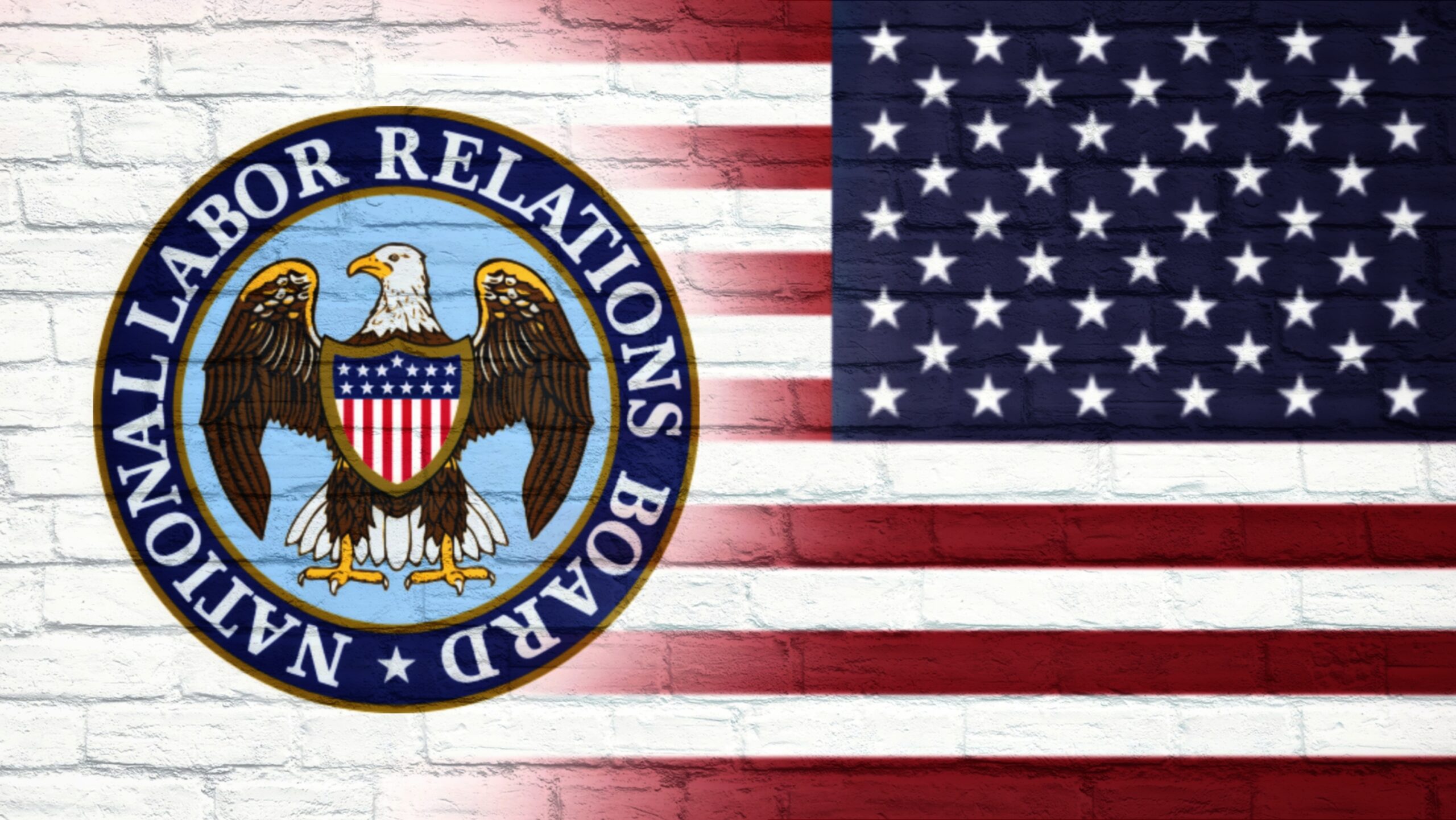Posts tagged Senate Health Education Labor and Pensions Committee
How Josh Hawley Is Empowering Unions in New York and California
October 19, 2025 // A week later, the Senate Health, Education, Labor and Pensions Committee voted to confirm two of Trump's NLRB nominees. Mayer's nomination was tabled. Without that seat filled, the NLRB still lacks a quorum—and, as a result, the labor boards in New York and California have power. Of course, blocking Mayer's appointment to the board is within Hawley's authority as a senator and a member of that key committee. Still, exercising that authority has opened Hawley to criticism. "Hawley is definitely trying to help unions," Sean Higgins, a research fellow at the Competitive Enterprise Institute, a free market think tank, told Reason via email.
Labor Unions Are Chipping Away at Worker Freedoms One Bill at a Time
October 14, 2025 // The so-called Faster Labor Contracts Act is one of the first steps in this new tactical departure. The legislation would force employers to begin bargaining with a new union in just ten days. If the two parties don’t reach an agreement in 90 days, the government forces mediation. One month after that, the matter goes to binding arbitration, meaning an outside arbitrator will dictate wages, benefits, and workplace rules for years to come. That’s not worker freedom. It’s top-down federal control. Americans recognize proposals like this for what they are: a Washington power grab. A U.S. Chamber of Commerce survey released just two weeks ago found that 90% of voters oppose government-mandated union contracts without worker approval.
Impasse over NLRB nominee may be just what unions want
October 14, 2025 // The state laws would undermine the role of the NLRB, which was created to enforce the National Labor Relations Act and help ensure “labor peace” – i.e., more amicable relations between unions and management by creating a consistent set of rules for both sides. States could potentially give unions tremendous leverage in conflicts with management by changing the rules currently set down by the NLRB. Just having conflicting rules from region to region, for example, over which workers are eligible to organize, would create major logistical problems for interstate businesses. California’s law was heavily promoted by the Teamsters, who still represent many long-haul truckers.

Testimony: Rachel Greszler: Labor Law Reform Part 1: Diagnosing the Issues, Exploring Current Proposals
October 10, 2025 // SummaryToday’s challenges—from the rise of artificial intelligence to the expansion of independent work and the growing demand for flexibility, autonomy, and new skills—necessitate modernized labor laws that are pro-worker and pro-employer, regardless of the type of workplace. Heavy-handed government interventions and attempts to bring back the 1950s’ ways of work are not the answers. American labor laws should preserve the freedom, dignity, and opportunity that make American work exceptional.

Teamsters president notes ‘positive change’ with growing Republican union support in Senate testimony
October 9, 2025 // Rachel Greszler, senior research fellow at The Heritage Foundation, said the complexity of collective bargaining agreements means that both workers forming a union and the employer need ample time to consider their implications for the future of the company and its workforce. "When you have a first contract, especially if you have a company that has never been involved in negotiations or a union, that it's the first time that they're representing workers, they need to understand all the issues," she explained. She also said contracts like the United Auto Workers union's agreements with automakers such as Ford can run thousands of pages when accounting for memorandums of agreement, with several hundred items covered under the bargaining agreement.

Republicans invite Teamsters president to testify on labor laws
October 5, 2025 // Cassidy’s invitation comes after the Teamsters’ decision in September 2024 not to endorse a presidential candidate – the first time the union did so since 1996 – and follows O’Brien’s remarks at last year's Republican National Convention, the first time in history that the organization’s leader addressed the RNC. The hearing, which is set to take place next Wednesday, as well as O'Brien’s invitation to it, is emblematic of the GOP’s slow crawl toward embracing parts of a working-class union message that would have turned heads even half a decade ago.

Trump’s NLRB Nominees Get Grilled While Board Faces Uncertain Future
October 3, 2025 // If confirmed by the whole Senate, Mayer and Murphy will join the NLRB’s only member, Democratic appointee David A. Prouty, returning the usually five-person board to a three-person quorum with two GOP members and one Democratic one. Historically, the political affiliation of the board members breaks along a 3-2 split, with the majority coming from the president’s political party. With a quorum, the board should be able to return to its work of helping settle labor disputes as outlined under the National Labor Relations Act.
The Importance of Protecting Portable Benefits
August 19, 2025 // The modern gig economy employs about 75 million workers. The provision of benefits is, of course, a positive for these freelance workers – so if businesses wish to provide them, they should be able to do so without fear of misclassification lawsuits. In short, Congress should consider these bills as a positive for both the millions of gig workers and the businesses that wish to provide them competitive benefits packages.
Legislation helping independent workers access portable benefits introduced
July 10, 2025 // Currently, while 80 percent of independent workers would like access to workplace benefits, decades old federal labor and employment law prevent them from doing so. The legislative package is supported by independent worker organizations like Flex Association, the Institute for the American Worker and the National Retail Federation, to name a few. “The Unlocking Benefits for Independent Workers Act is an important step toward addressing some of the federal legal hurdles that complicate efforts to connect independent contractors with portable benefits while ensuring that the millions of Americans who choose to earn on their own terms can continue doing so without risking the independence and flexibility they value. Flex looks forward to working with Senator Cassidy and other forward-thinking policymakers as there is additional work to be done on this issue at the state and federal levels,” Kristin Sharp, CEO of Flex Association.

Chair Cassidy, Scott, Paul Release Legislative Package Empowering Independent Workers to Access Portable Benefits
July 7, 2025 // “We applaud Sen. Cassidy for striving to ensure independent contractors can be protected and receive benefits similar to employees without jeopardizing their entrepreneurship or independence. The Unlocking Benefits for Independent Workers Act supports independent contractors and freelancers by allowing businesses to provide benefits without redefining worker status. In today’s evolving economy, flexible work shouldn’t come at the cost of healthcare or retirement security. This legislation helps ensure that all American workers – regardless of classification – can have access to benefits like health care and retirement plans,” said F. Vincent Vernuccio, J.D., President, Institute for the American Worker.
